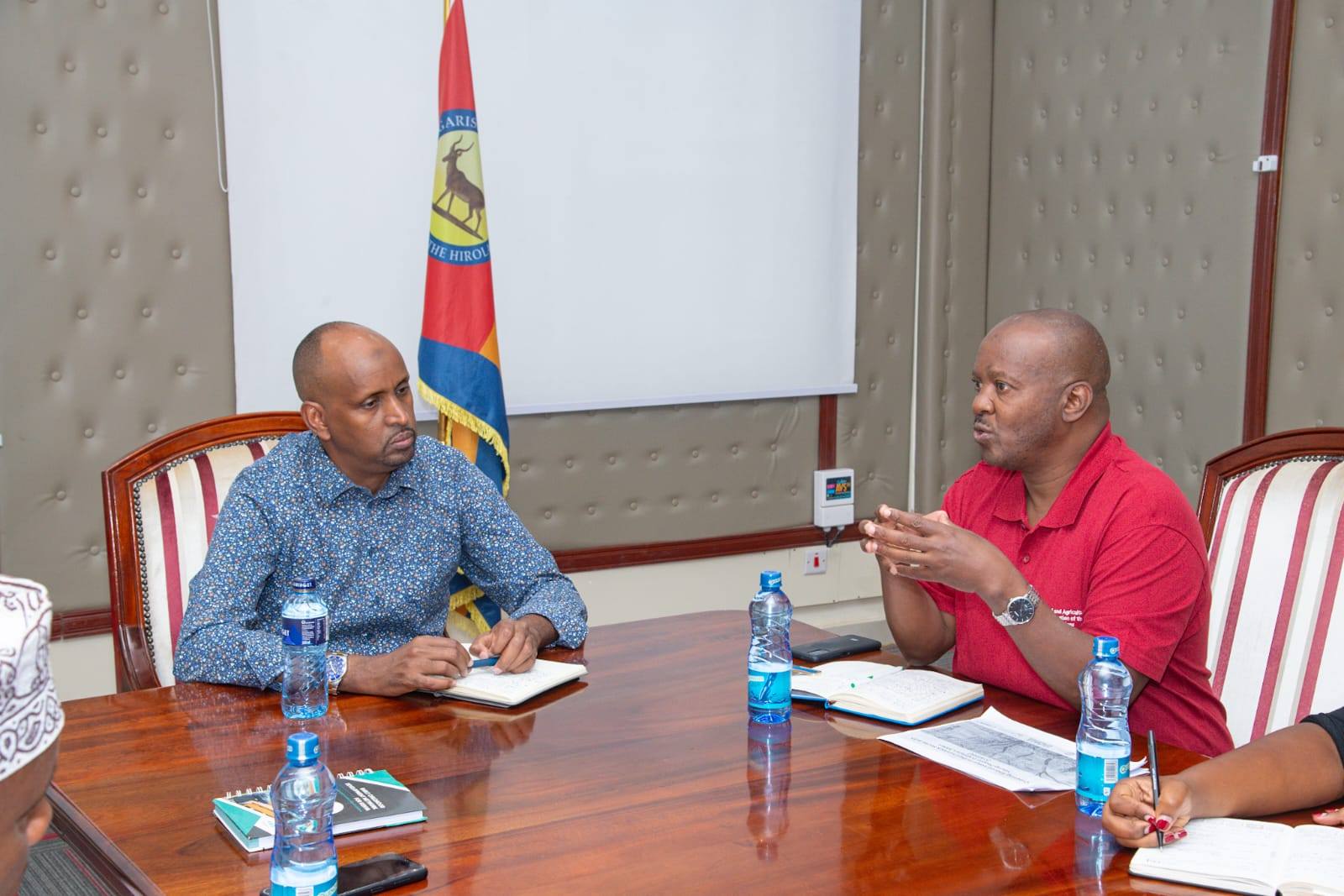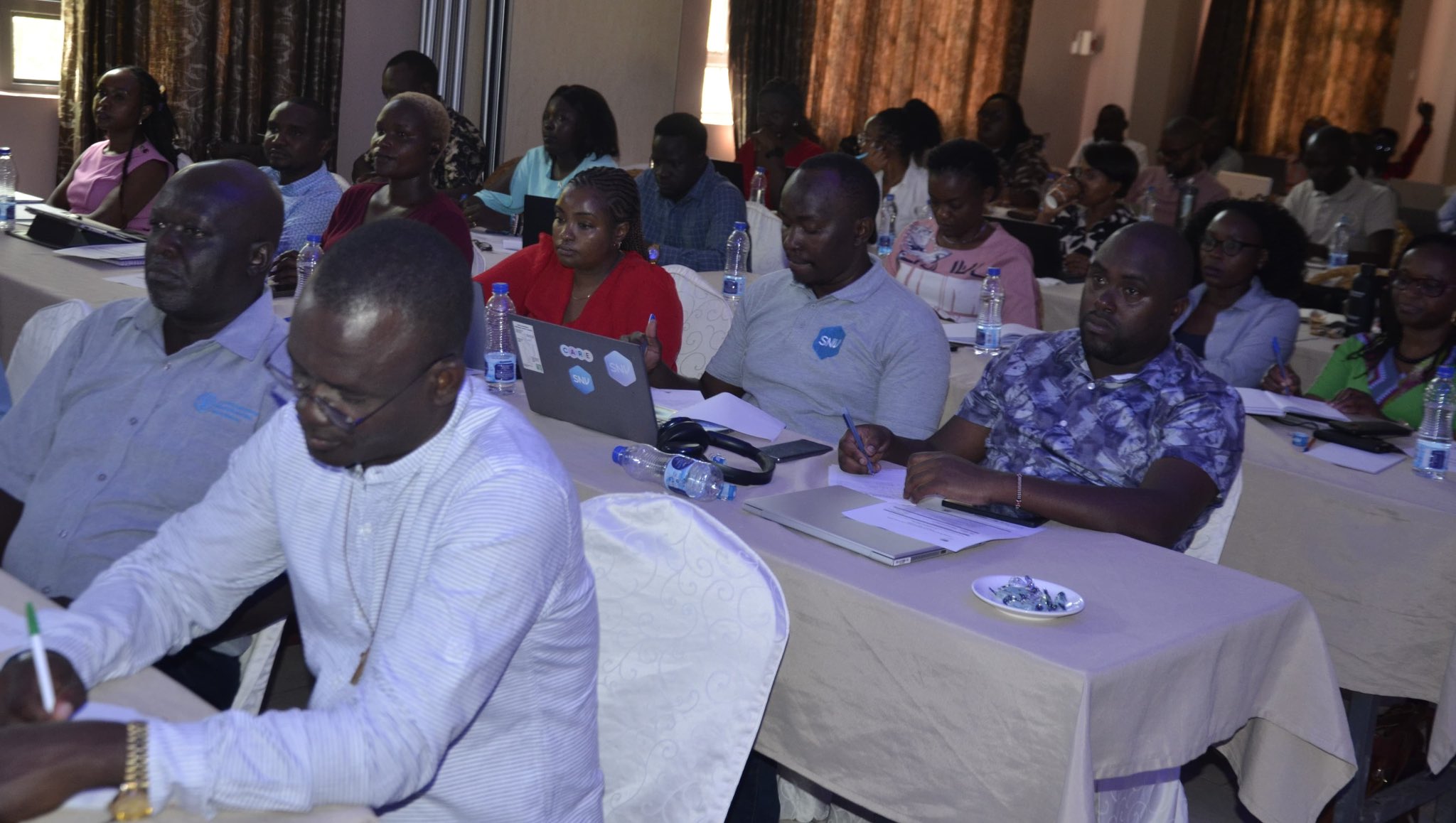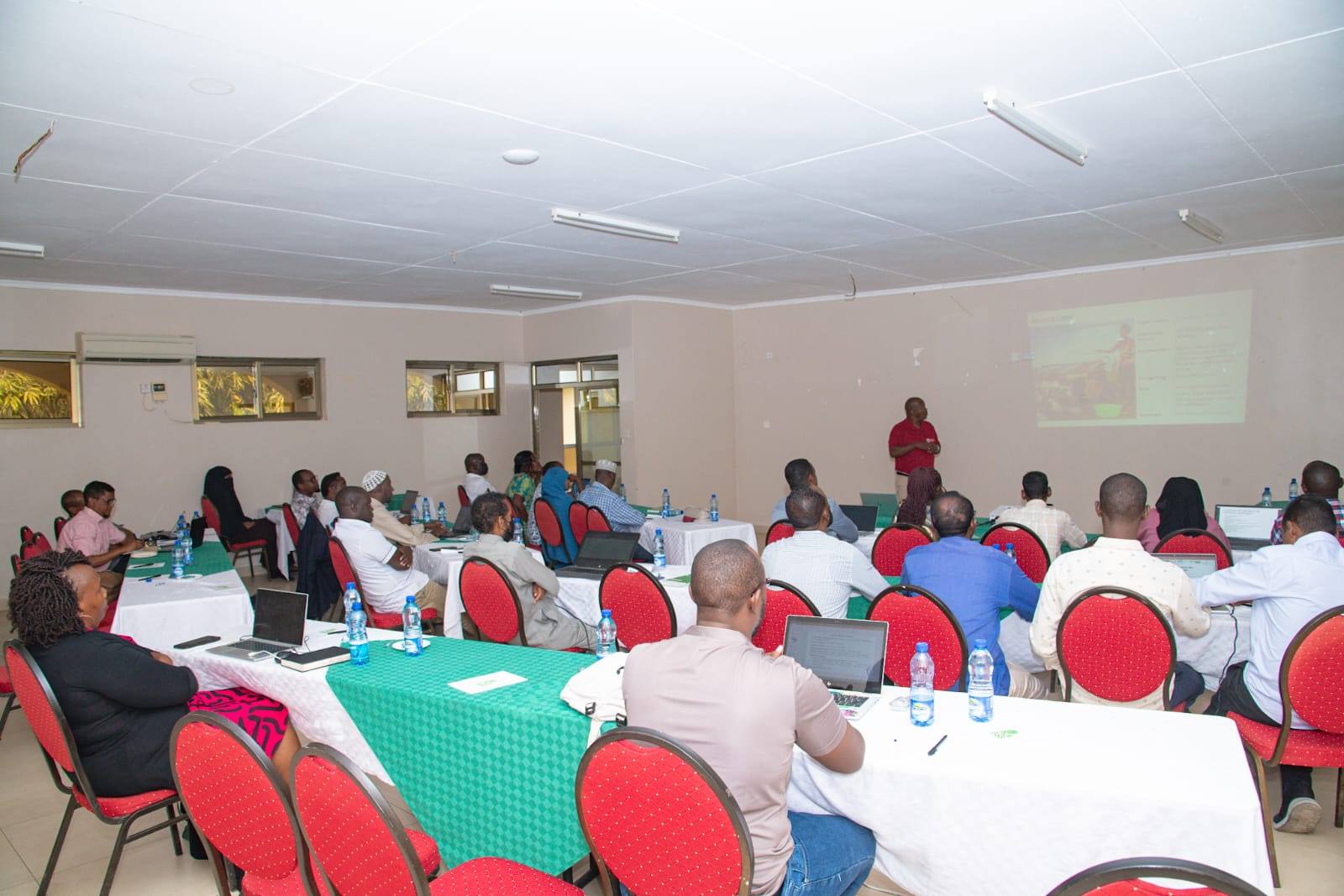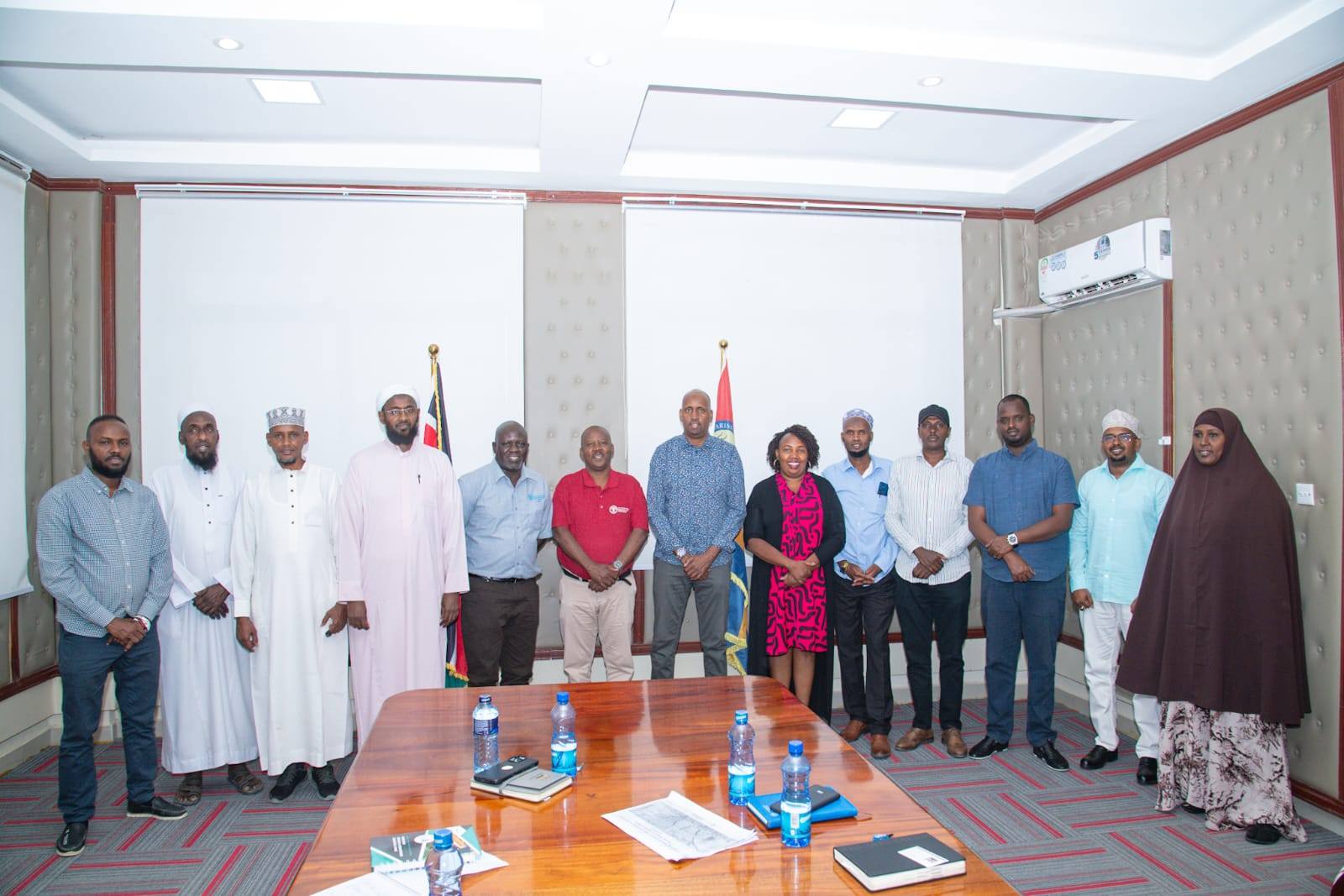Young people across northern Kenya are set to benefit from new opportunities in the livestock sector under the Creating Shared Value in the Livestock Sector with Young People in Kenya’s ASALs (CASHA) project, a five-year initiative supported by the Mastercard Foundation and implemented by the Food and Agriculture Organization (FAO).
The programme targets 15 counties nationally, with a focus on Garissa, Wajir, Mandera, and Tana River, where it aims to empower 60,444 youth out of a national goal of 300,000.
Beneficiaries are expected to engage in livestock value chains such as red meat, poultry, dairy, and beekeeping, with projected monthly earnings of up to KSh17,500.

Speaking at a meeting with CASHA officials at the Garissa County Headquarters, County Secretary Mohamud Mursal welcomed the programme as timely and transformative.
“Livestock is the backbone of our economy in Garissa. By equipping our young people with skills, access to finance, and markets, CASHA will not only transform livelihoods but also strengthen food security and resilience across our communities,” Mr. Mursal said.
CASHA National Project Coordinator Michael Ngutu emphasized the initiative’s focus on inclusion and sustainability, particularly for women and persons with disabilities, who face barriers to entering the livestock economy.

“Young people, especially women, face barriers to entering the livestock economy. CASHA is designed to break those barriers by creating opportunities, building skills, and opening up value chains that can put them in charge of their future,” he said.
The programme aligns with Kenya’s broader push to strengthen the livestock sector as a driver of economic growth, job creation, and resilience in the face of climate change.
Through training, access to finance, and market linkages, CASHA is expected to transform the role of youth in pastoralist economies and contribute to long-term community stability.
Following the meeting, the CASHA team held a workshop with county directors and officials from the four counties to present the project’s structure and implementation roadmap.

With strong backing from international partners, the CASHA project is being positioned as a game-changer for youth empowerment in Kenya’s ASALs, unlocking the potential of the livestock sector to secure sustainable livelihoods and strengthen resilience against climate shocks.

